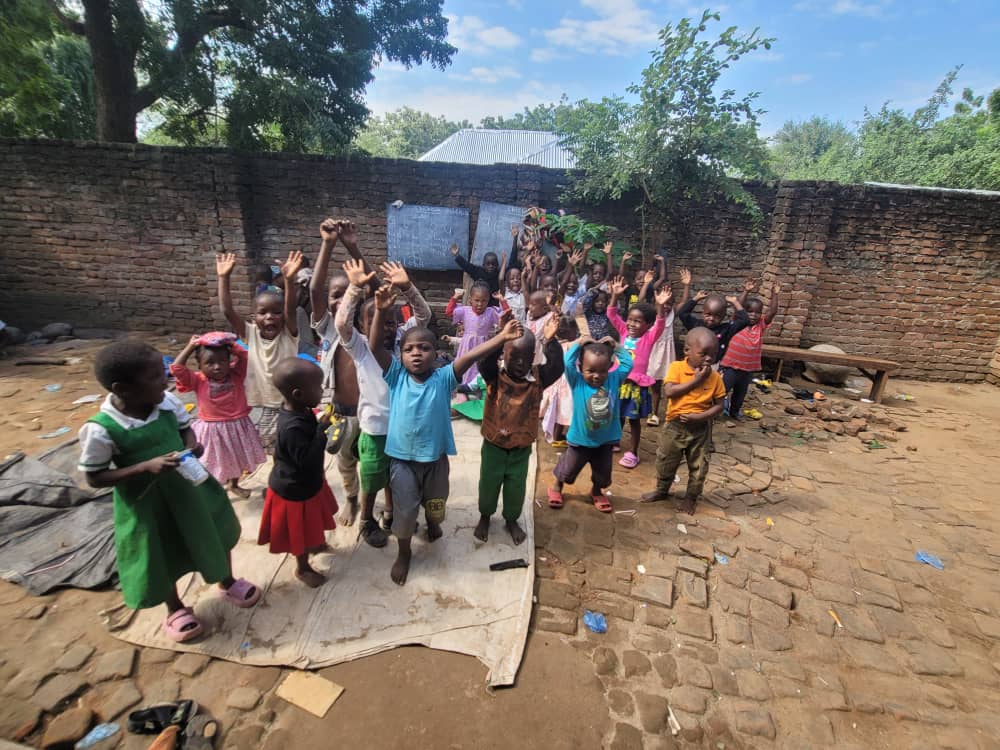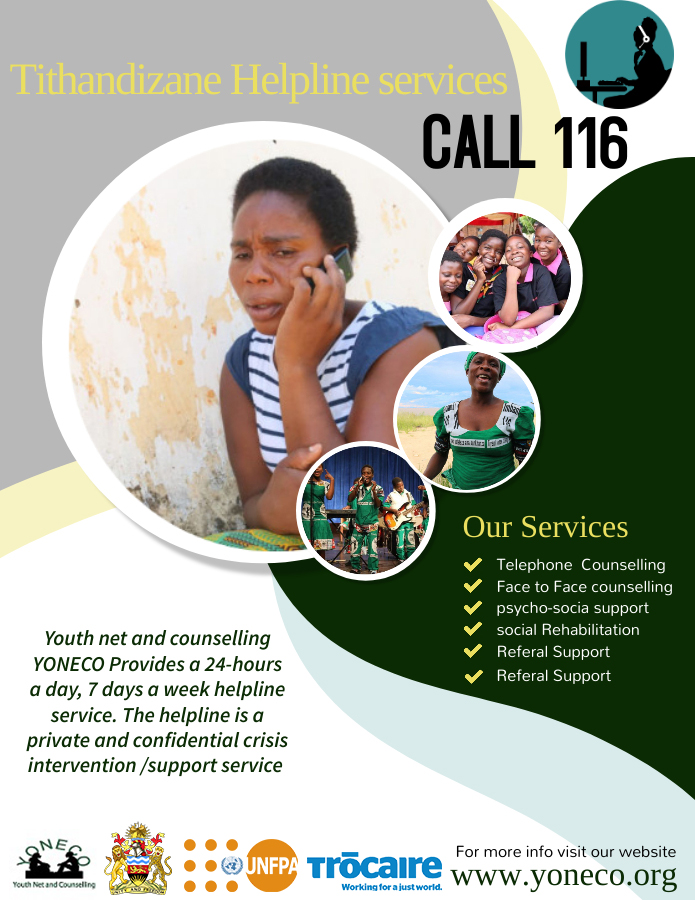The Government of Malawi acknowledges the significance of Early Childhood Development (ECD) and promotes access to a minimum of 12 years of formal education for all citizens. In a bid to compliment Malawi government’s efforts towards sustainable national development, YONECO has ECD Programmes in 16 districts across country.
Quality early childhood education lays the foundation for a lifetime of learning, growth, and development. By denying children access to education, we risk perpetuating inequalities. Heartrendingly, children from underprivileged backgrounds often fall behind their peers and this exacerbates the existing socioeconomic inequalities.
There are also a number of key challenges that emanate from a society’s failure to provide early childhood education.
Firstly, stifling human potential is another risk that comes when children are not being offered quality early childhood education as it helps them to develop essential skills like cognitive abilities, and social-emotional intelligence. Without it, children may struggle to reach their potential.
Secondly, undermining economic growth is also another big risk that comes along when the young ones are denied the necessary early education. A well-educated workforce is crucial for sustainable socioeconomic growth of a society.
On a third note, a society risks limiting social mobility when early childhood education is not properly prioritized. Early childhood education helps to break the cycles of poverty and promote social mobility. Without this, disadvantaged children may face greater challenges in escaping poverty.
To promote peaceful and prosperous societies, governments, policymakers, and stakeholders must prioritize quality Early Childhood Development (ECD). By investing in early childhood education, we can empower children, families, and communities, ultimately building a more equitable, prosperous, and peaceful world.


